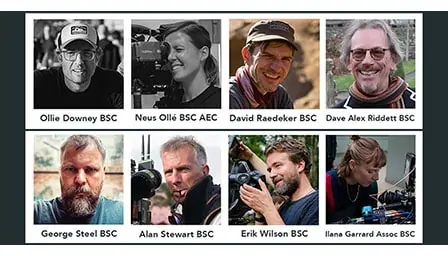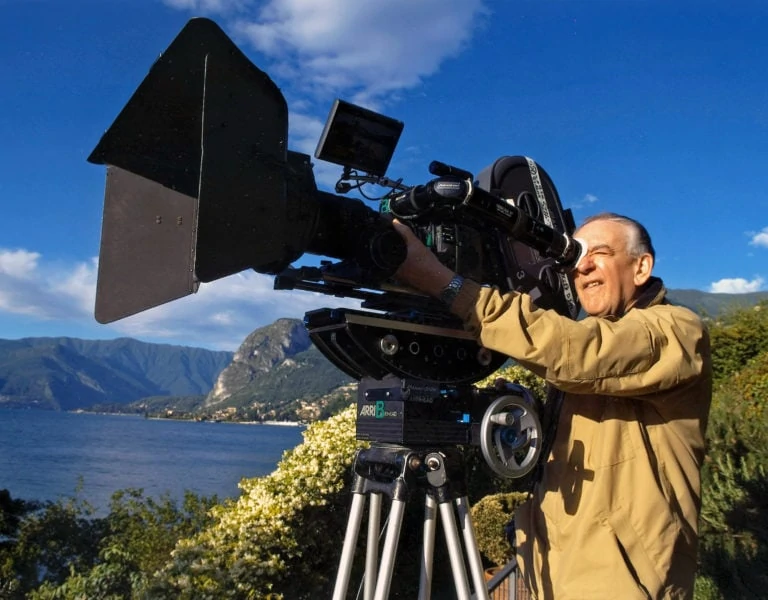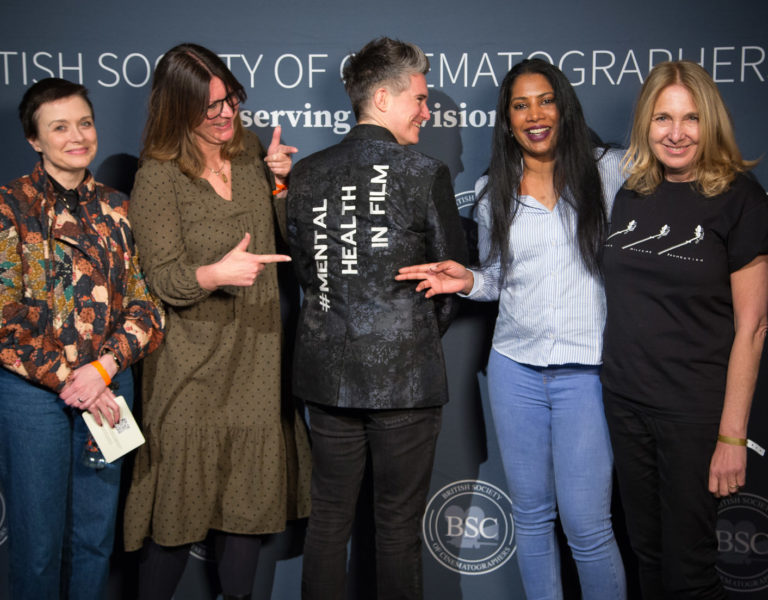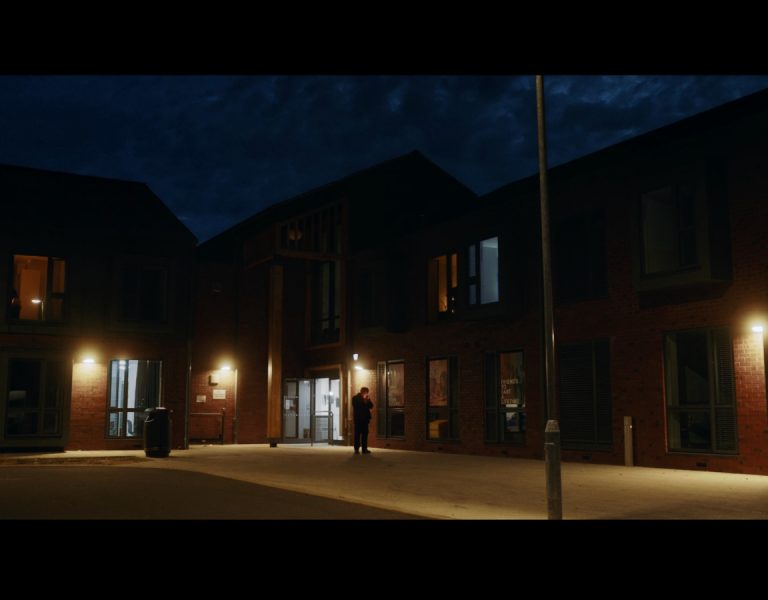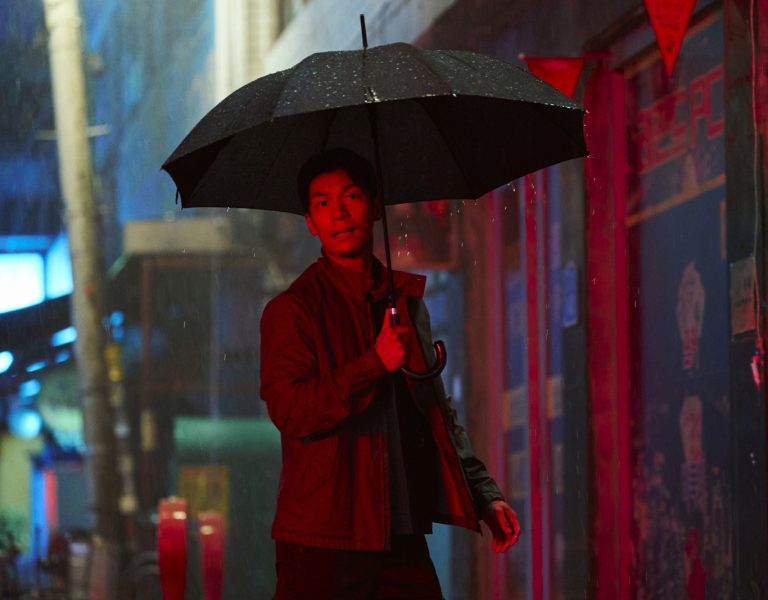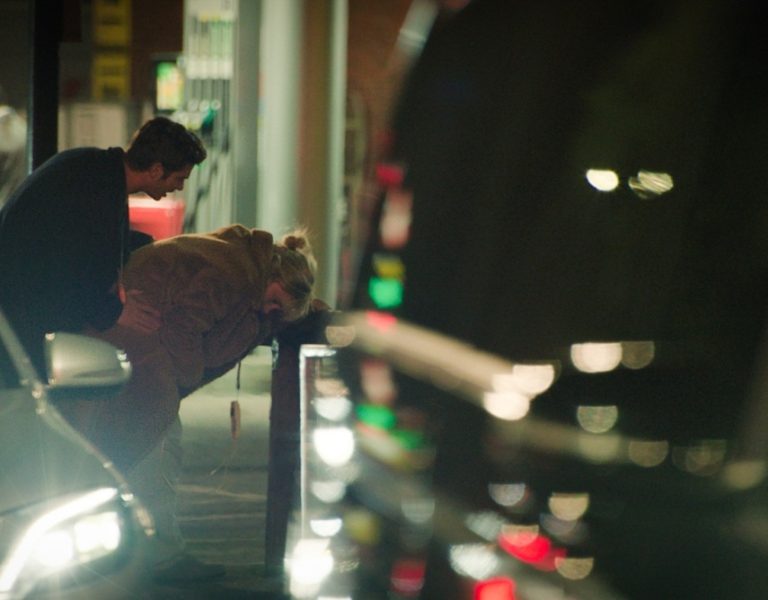POET OF LIGHT
In the first instalment of the new BSC Heritage Series, adapted from profiles featured in the BSC book Preserving the Vision, we celebrate the work and talent of the society’s founding member, Georges Périnal.
Georges Périnal BSC (1897 – 1965) was a founding member of the BSC and the first cinematographer to be awarded an Oscar for a British production.
Born in Paris, France, Périnal once said that he would have taken more pleasure in repairing good motorcars than in photographing movies. Mechanical devices were his passion which led him in 1913 to become interested in the mechanics of film projectors – which the Brothers Lumière had named “cinematographe” – and work as chief mechanic at Pathé Frères in Paris.
Soon after Georges became a ‘projectionist’, he wanted to know how the machines worked which actually took the pictures. His incorrigible curiosity prompted him to shoot a few small films that led him to meet French director, Jean Grémillon, with whom he produced documentaries. Later he went on to win acclaim for films he shot for director, René Clair from the late 1920s, including Sous les Toits de Paris (1930) and Le Million (1931). After shooting Le Sang d’un poète (1932), director Jean Cocteau said, “the mechanic he thought he was, became, without himself knowing it, a poet of light.”

In 1933, Alexander Korda, with whom Périnal had photographed The Girl from Maxims in Paris, asked him to shoot The Private Life of Henry VIII (1933) starring Charles Laughton with his film company, London Films based at Denham Studios. This began a long and fruitful relationship. Georges came to England and settled there working for Korda on films such as The Rise of Catherine the Great (1934), directed by Paul Czinner, The Private Life of Don Juan (1934 d. Alexander Korda), Sanders of the River (1935 d. Zoltan Korda), and Rembrandt (1936 d. Alexander Korda).
Korda’s biographer, Carol Kulik, wrote, “…by capturing the particular ‘north light’ which illuminated Rembrandt’s studio and his paintings, [Périnal] created pictorial compositions which seem – in gesture, lighting, and physical arrangement – to be examples of Rembrandt’s own paintings coming to life on celluloid.”
Among his other credits are Things to Come (1936 d. William Cameron Menzies), the Technicolor features The Drum (1938) and The Four Feathers (1939), both directed by Zoltan Korda and along with Osmond Borradaile BSC, and the fantasy The Thief of Bagdad (1940 d. Michael Powell, Ludwig Berger, Tim Whelan) for which he won the Oscar for colour cinematography.
According to Martin Stockham’s book The Korda Collection: “Périnal was notorious for sometimes taking hours to set up a shot and would not be hurried. He had a stern face, which prevented most from trying to hurry him up, and was nicknamed ‘Sunny’ by other London Films technicians. In addition, he maintained he couldn’t speak English and would have a camera assistant translate if anybody wanted to communicate with him.”
However, he was a major contributor to the prestige arm of pre- and post-war British cinema.
Other credits include: The Life and Death of Colonel Blimp; The Fallen Idol; Bonjour Tristesse; and The Day They Robbed the Bank of England.
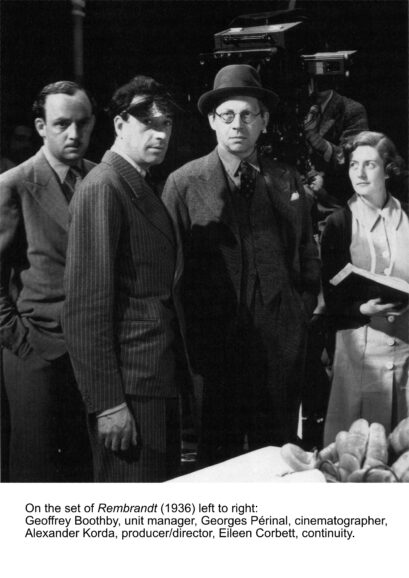
–
Preserving the Vision
This piece was adapted from the book, Preserving the Vision. Compiled and edited by Phil Méheux BSC and James Friend ASC BSC, the book celebrates the history of the British Society of Cinematographers along with biographical details of every member since its inception in 1949 plus listings of their awards and notable credits.
The book can be purchased from the BSC by contacting Helen Maclean at helen@bscine.com. All profits will benefit the Film & TV Charity.


